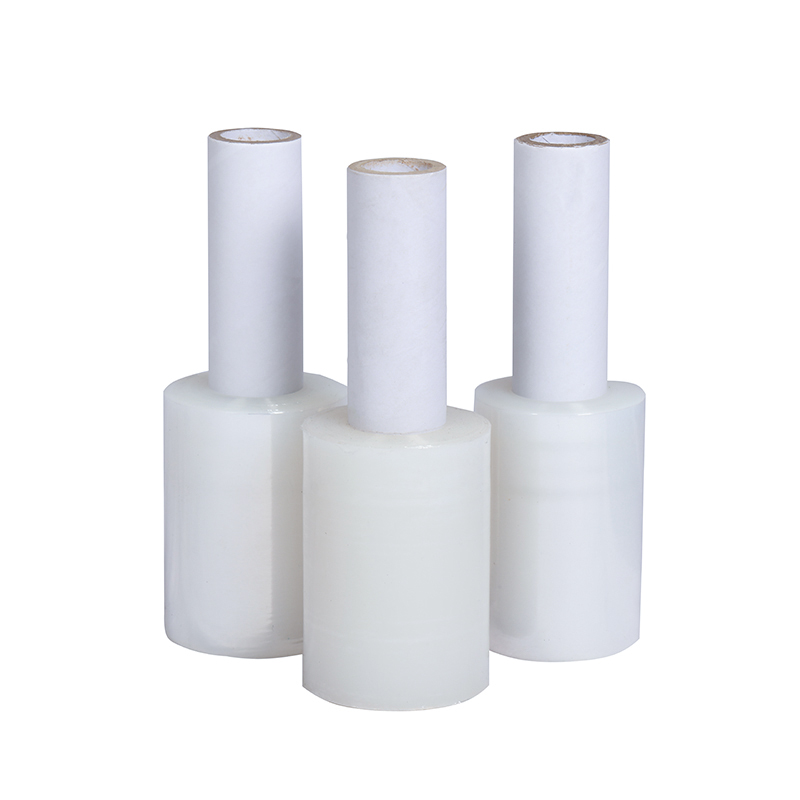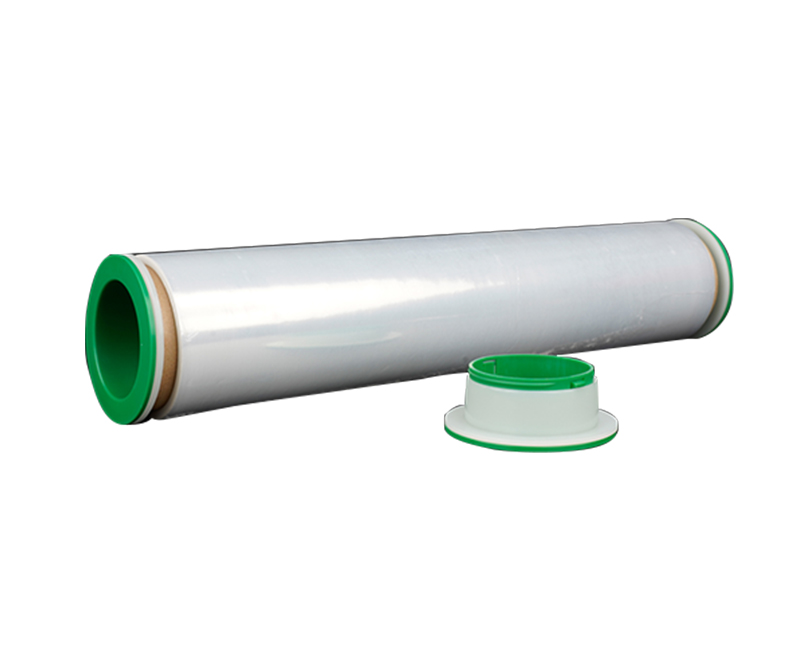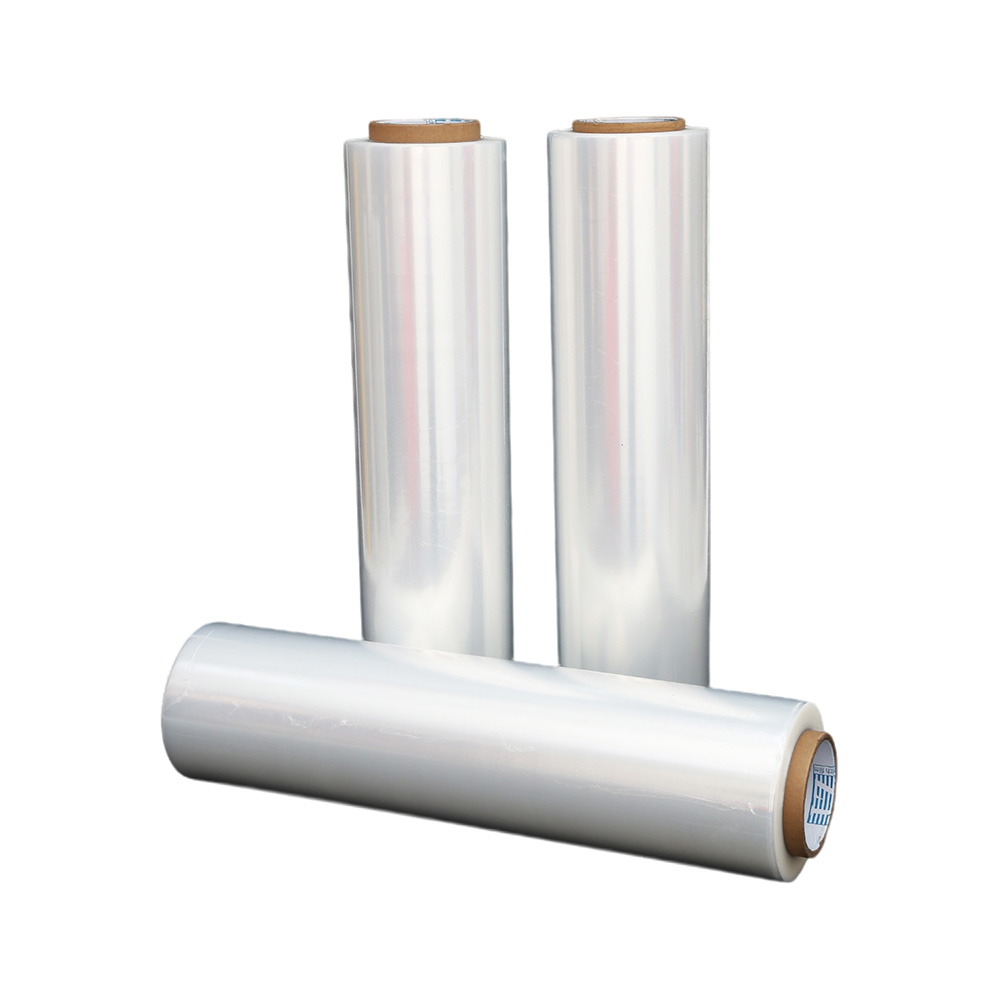Enhancing Electrical Safety with Innovative Electrical Wire
Source:Enhancing Electrical Safety with Innovative Electrical WireTime:2024-05-10Visitors:
Introduction
Electrical safety is paramount in any setting, whether residential, commercial, or industrial. With the ever-increasing reliance on electricity, adopting advanced technologies that ensure safe and efficient power transmission is crucial. This article addresses the concerns and questions of users seeking to purchase electrical wire film. By delving into the intricacies of this innovative technology, we can understand how it enhances electrical safety and provides a reliable solution for various applications.Understanding Electrical Wire Film Technology
Electrical wire film technology represents a significant leap forward in electrical wiring. Unlike traditional wiring methods that rely on solid metal conductors encased in insulation, electrical wire film employs a thin, flexible film as the primary conductor. This film is typically made of advanced materials, such as polymers or nanocomposites, with excellent electrical conductivity and insulation properties.The key features of electrical wire film technology include its flexibility, lightweight nature, and superior heat dissipation capabilities. These properties allow easier installation in tight spaces, reduced material usage, and enhanced heat resistance. Additionally, electrical wire film technology offers improved resistance to environmental factors like moisture, chemicals, and abrasion, further bolstering its safety profile.
Common Safety Concerns Addressed by Electrical Wire Film Technology
Electrical wire film technology effectively addresses several common safety concerns associated with traditional wiring methods. One significant concern is the risk of electrical shock due to exposed conductors. With electrical wire film, the conductive material is encapsulated within a protective film, eliminating the possibility of accidental contact and minimizing the risk of electric shock. This is particularly crucial in environments where human contact with electrical components is likely, such as residential buildings and industrial facilities.Another safety concern is the potential for insulation breakdown, leading to short circuits and electrical fires. Electrical wire film technology utilizes high-quality insulation materials that provide superior dielectric strength, reducing the likelihood of insulation failure. The film's insulation properties remain stable despite challenging conditions, ensuring long-term safety and reliability.
Furthermore, electrical wire film technology mitigates the risk of overheating, a common cause of electrical system failures and fire hazards. The thin and flexible nature of the film promotes efficient heat dissipation, preventing excessive temperature buildup. This feature is particularly advantageous in high-power applications or confined spaces where heat dissipation is crucial for system integrity and safety.
Factors to Consider When Purchasing Electrical Wire Film
Several important factors should be considered when purchasing electrical wire film to ensure optimal safety and performance. By evaluating these factors, users can make informed decisions and select the most suitable electrical wire film.1. Insulation Properties: Verify that the electrical wire film has excellent insulation properties, with high dielectric strength and resistance to breakdown. This ensures reliable insulation and minimizes the risk of electrical failures.
2. Durability: Assess the durability of the electrical wire film, considering factors such as resistance to abrasion, chemicals, and environmental conditions. Look for movies that can withstand the specific operating environment and offer long-term reliability.
3. Flexibility: Evaluate the flexibility of the electrical wire film, as this determines its ease of installation, especially in complex or tight spaces. A highly flexible film allows for smooth routing and reduces the need for excessive bending or twisting during installation.
4. Compatibility: Ensure compatibility with the intended application. Different electrical wire films may be optimized for specific uses, such as residential wiring, automotive applications, or high-power industrial settings. Select the film that best matches the requirements of your application.
5. Safety Certifications and Standards: Check if the electrical wire film complies with relevant safety certifications and standards. Look for certifications like UL (Underwriters Laboratories) or IEC (International Electrotechnical Commission) to ensure adherence to industry-recognized safety guidelines.
By carefully considering these factors, users can make well-informed decisions when purchasing electrical wire film, ensuring enhanced electrical safety and reliable performance in their electrical systems.
Case Studies and Success Stories
To further illustrate the positive impact of electrical wire film technology on enhancing electrical safety, let's explore a few real-world case studies:1. Residential Applications: Electrical wire film technology has revolutionized wiring systems in residential settings, providing increased safety and efficiency. Homeowners have reported reduced installation time and improved flexibility during renovations or new construction projects. The enhanced insulation properties of the film have minimized the risk of electrical faults and improved overall safety within households.
2. Industrial Installations: Electrical wire film technology has enhanced safety and reliability in industrial settings. Manufacturers have optimized space utilization and improved system integrity by replacing traditional bulky wiring methods with thin, flexible film. The heat dissipation capabilities of the film have minimized the risk of overheating in high-power machinery and equipment, preventing costly downtime and potential safety hazards.
3. Automotive Sector: The automotive industry has also embraced electrical wire film technology to enhance vehicle electrical safety. The flexibility and lightweight nature of the film have enabled streamlined wiring harnesses, reducing the vehicle's overall weight. This improves fuel efficiency and enhances safety by minimizing potential hazards caused by tangled or loose wiring.
Frequently Asked Questions and Answers
To address the common queries of users considering electrical wire film, here are answers to some frequently asked questions:Q: Is electrical wire film technology compatible with existing wiring systems?
A: Electrical wire film can be seamlessly integrated with existing systems. It is designed to be compatible with standard electrical connectors and terminals.
Q: Can electrical wire film withstand extreme temperatures?
A: Electrical wire film is engineered to withstand various temperatures, ensuring reliable performance even in harsh environments.
Q: Does electrical wire film require specialized installation techniques?
A: Electrical wire film is designed for easy installation and can be installed using standard wiring practices. However, it is recommended to follow manufacturer guidelines for optimal results.
Conclusion
Innovative electrical wire film technology has significantly enhanced electrical safety by addressing common concerns related to electrical wiring. Its flexibility, superior insulation properties, and efficient heat dissipation make it a reliable solution for various applications. Users can ensure enhanced electrical safety and peace of mind in their electrical systems by considering essential factors when purchasing electrical wire film.Recommended Products
Ranked in the same article
- how to use the stretch film technology to r
- How can we get detailed price list?
- Five common quality problems of PE protecti
- Plastic film degradation
- How to guarantee punctual shipment for our
- Gauge to Micron and Millimetre Conversion G
- What is the difference between stretch film
- Stretch film temperature requirements
- Testing the permeability of stretch film
- Electrical wire film VS electrostatic film
- The elastic characteristics of plastic film
Latest news articles
- How to choose high quality stretch film?
- Opaque Stretch Film: Security, UV Protectio
- Stretch Film vs Shrink Film: Key Difference
- 5 Commonly Stretch Wrapped Products & W
- How Narrow-Width Stretch Film Streamlines S
- How to guarantee punctual shipment for our
- PE stretch film made of what materials?
- Why does stretch film wrinkle when it is us
- Hong Kong International Packaging and Print
- Why stretch film is famous for wrapping goo
- Our services



